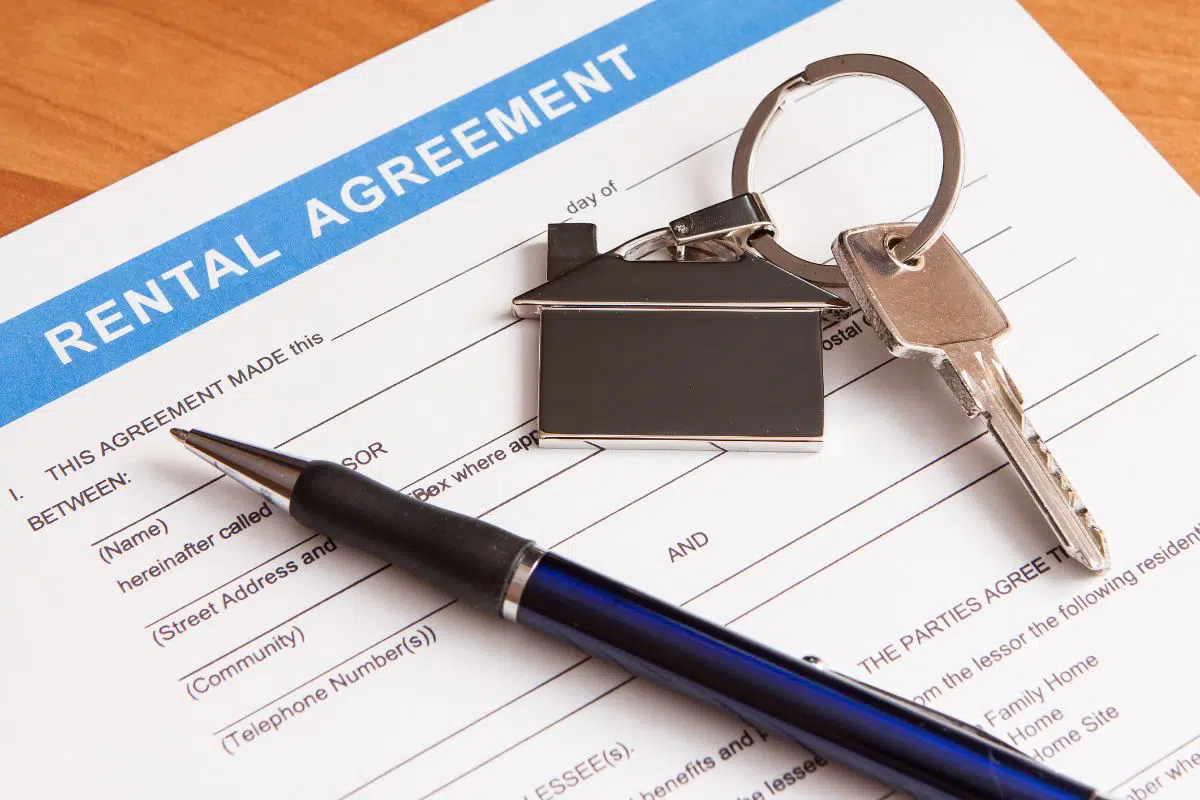If you are new to leasing investment property to tenants, you need to be sure that your rental agreement covers all the bases so you can protect your investment properly. Here are 10 terms you will definitely need to include in your rental agreement:
- Names of all adult tenants and parties to the agreement.
If there is more than one adult tenant occupying the property, be sure to include the names of all adult tenants in the agreement. This will ensure that all adults who will be living on your property are responsible for living up to the terms of the agreement, including the payment of rent. It also provides you with the right to terminate the agreement if any of the tenants violate the lease terms.
- Tenancy and termination terms.
Specify the length of the agreement — whether it is month-to-month or for a fixed term. Typically, lease terms are for one year with options to renew. Specify the termination options for all parties as well.
- Rent amount.
Detail the amount of the rent, when the rent is due and the forms of payment you will accept.
- Subleasing and occupancy limits.
Make it clear that only those who have signed the lease, along with their minor children, may occupy the property. Also include whether or not you will allow tenants to sublease — and if you do, be sure to include that subleasing is only allowed with your prior approval.
- Security deposits.
Probably one of the single largest sources of disagreements between landlords and tenants has to do with security deposits. To protect yourself, be sure you detail exactly how the property must be left at the end of the lease in order for the tenant to receive his or her security deposit back. Arizona law on security deposits specifies that these must be returned within 14 days after the tenant has left and returned the keys to you. If there are deductions, you must provide the tenant with details on those deductions. Arizona has other laws regarding security deposits, so it is wise to check with an Arizona real estate attorney for the proper notice in your rental agreement.
- Repairs/maintenance.
The terms of your agreement should specify the maintenance obligations for you and your tenant, and require that your tenant notify you immediately of any repairs that need to be made to the property.
- Entry rights.
Your agreement should detail the conditions under which you are permitted to enter the property and what kind of notice is required before you do. Arizona law allows landlords to enter a rental property in the case of an emergency, to make needed repairs or inspections, to show the property to prospective new tenants or contractors, if there is reasonable cause to believe a tenant has abandoned the property, and pursuant to a court order. Unless it’s an emergency, you must give your tenant two days’ notice of your intent to enter and do so at a reasonable time..
- Prohibited behavior.
You obviously don’t want someone dealing drugs out of your rental property and you probably don’t want noisy tenants either. Whatever your criteria for prohibited behavior, spell it out in your lease agreement.
- Pets.
You should state whether or not you allow pets and any restrictions as to the size or number of pets allowed or if you charge a pet deposit or fee.
- Damages/alterations.
Your agreement should specify who is responsible for damages to the property as well as what types of alterations — if any — a tenant may make to the property and whether your permission or approval is necessary to make those alterations.
Our real estate attorneys represent parties on either side of real estate and financing transactions, including buyers, sellers, landlords, tenants, lenders, borrowers, trustees, guarantors, shareholders, partners, and others. We advise, structure, negotiate, and document a variety of real estate and financing transactions, including leases, purchase and sale agreements, financing agreements, and development agreements for a variety of commercial and residential projects. Contact us today and learn how we can help.


